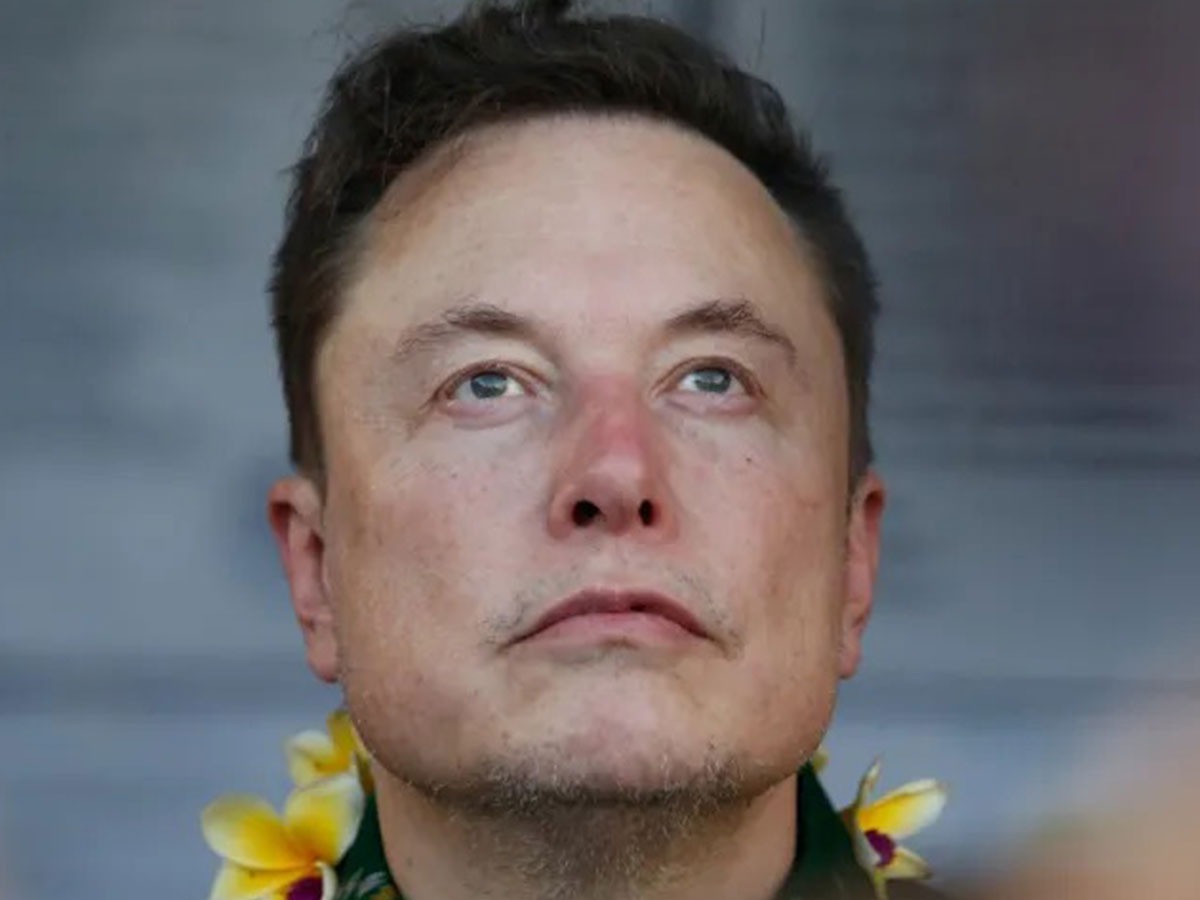
Allies Support Modi for Third Term Despite Election Setback
Narendra Modi is set to become India’s prime minister for a third term, following an election that saw his party’s majority significantly reduced. Modi’s Bharatiya Janata Party (BJP), which had aimed for a dominant victory, secured 240 seats in the Lok Sabha, India’s lower house of parliament, falling short of the 272 needed for a majority. This result necessitated reliance on coalition partners within the National Democratic Alliance (NDA) to form the government.
On Wednesday, Modi received unanimous backing from the NDA to continue as prime minister. Despite the BJP’s reduced numbers, with the NDA holding a total of 293 seats against the opposition’s 232, Modi is expected to be sworn in for his third term later this week. This coalition support is crucial, marking the first time Modi will govern without an outright majority for his party, a significant shift from his previous terms.
The opposition alliance, INDIA (Indian National Developmental Inclusive Alliance), which includes the Congress Party, celebrated its strong showing despite not winning the election. Congress president Mallikarjun Kharge highlighted the voters’ message against the BJP’s policies, focusing on issues like price rise, unemployment, and crony capitalism.
Several factors contributed to the BJP’s reduced majority. These include rising joblessness, increasing prices, and growing inequality. Additionally, Modi’s divisive campaign rhetoric and controversial policies, such as the citizenship law and actions in Kashmir, may have alienated some voters.
Modi’s third term equates him with Jawaharlal Nehru, India’s first prime minister, in consecutive terms. However, the significant loss of seats underscores challenges within Modi’s governance and electoral strategy. Analysts suggest this outcome will necessitate a more collaborative approach, potentially leading to a more democratic and consultative governance style.
Following the NDA’s declaration of victory, international leaders from the White House extended congratulations to Modi, emphasizing hopes for continued cooperation on global issues. Domestically, the election saw unprecedented participation, with over 600 million voters casting their ballots in a process that spanned seven rounds due to logistical and security reasons.
Narendra Modi’s third term as prime minister, backed by a coalition, signals a new chapter in Indian politics. While the BJP remains the largest party, the reduced majority and coalition dynamics may shift Modi’s leadership style and governance approach, with increased emphasis on consensus and collaboration. The opposition’s robust performance reflects a dynamic political landscape, setting the stage for continued political engagement and contestation in India.



